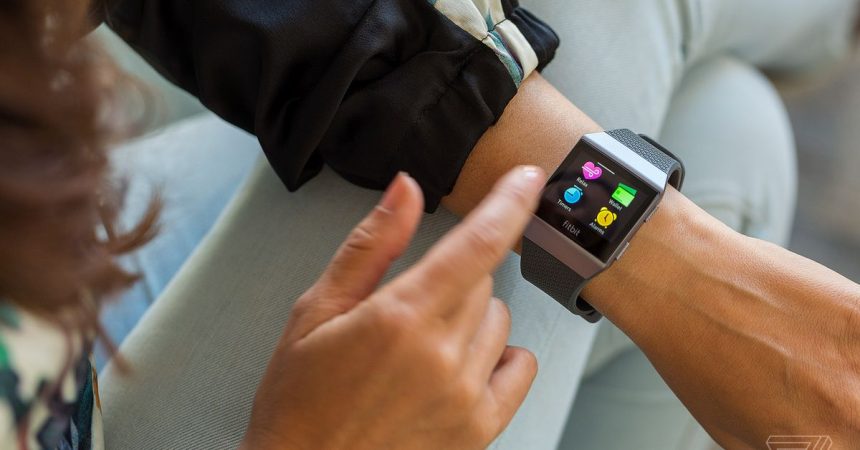The Consumer Product Safety Commission (CPSC) has provisionally accepted a settlement with Fitbit, resolving a dispute stemming from the recall of 1.7 million Ionic smartwatches in 2022. This recall was initiated due to a significant number of reports concerning overheating batteries, which resulted in a range of burn injuries. The CPSC received 115 reports of such incidents, including two cases of third-degree burns and four cases of second-degree burns. A critical point of contention in this case revolves around Fitbit’s alleged delay in reporting these incidents to the CPSC, despite receiving complaints from consumers as early as 2018 and continuing through 2019 and 2020, even after a firmware update intended to address the issue was released in 2020. This delay in reporting is a violation of the Consumer Product Safety Act, a critical piece of legislation designed to protect consumers from hazardous products.
The settlement agreement underscores the importance of timely reporting of potential product defects to the CPSC. By failing to report the overheating battery issues promptly, Fitbit potentially exposed consumers to unnecessary risks for an extended period. The reports of burn injuries, particularly the severe third-degree burns, highlight the potential consequences of delayed action. While Fitbit initially attempted to remedy the situation with a firmware update, the continued reports of overheating suggest that this measure was insufficient to fully address the underlying problem. This failure to effectively address the issue, coupled with the delayed reporting, contributed to the CPSC’s decision to pursue action against Fitbit.
While the recall specifically targeted Fitbit’s Ionic smartwatches, concerns regarding similar battery issues in other Fitbit devices have been raised by consumers. In 2023, a lawsuit was filed against Google, Fitbit’s parent company, alleging that battery defects leading to overheating were prevalent across the entire range of Fitbit devices. This lawsuit expands the scope of the battery concern beyond the Ionic model, suggesting a potentially systemic problem within Fitbit’s product line. The plaintiffs in the lawsuit contend that Fitbit’s attempts to attribute the issues to “consumer hygiene” were misleading and that the company often ignored customer complaints about their devices.
The lawsuit against Google alleges a pattern of negligence on Fitbit’s part, including a disregard for customer complaints and a failure to adequately address the root cause of the overheating batteries. The lawsuit also challenges Fitbit’s explanation that the issues were related to user hygiene, suggesting that this was an attempt to deflect responsibility for a design flaw. The inclusion of multiple accounts of Fitbit customer support ignoring or dismissing consumer concerns further supports the plaintiffs’ claims of negligence and a lack of responsiveness to customer safety concerns.
The settlement reached with the CPSC requires Fitbit to implement and maintain internal control systems to ensure compliance with the Consumer Product Safety Act. This stipulation aims to prevent similar incidents in the future by mandating a proactive approach to product safety. The new internal controls will require Fitbit to rigorously test its products for potential hazards and to promptly report any identified safety concerns to the CPSC. This requirement emphasizes the importance of transparency and accountability in ensuring consumer safety, placing the onus on Fitbit to prioritize product safety throughout its design, manufacturing, and post-market surveillance processes.
This settlement serves as a significant reminder of the importance of consumer product safety regulations and the responsibility of manufacturers to adhere to these regulations diligently. It underscores the need for companies to prioritize consumer safety and to take swift action when potential hazards are identified. The CPSC’s actions, including the settlement and the ongoing investigation, are crucial in holding companies accountable and protecting consumers from potentially harmful products. The ongoing lawsuit against Google, however, indicates that the full extent of the battery issues with Fitbit devices, and the company’s response to them, may still be unfolding.



